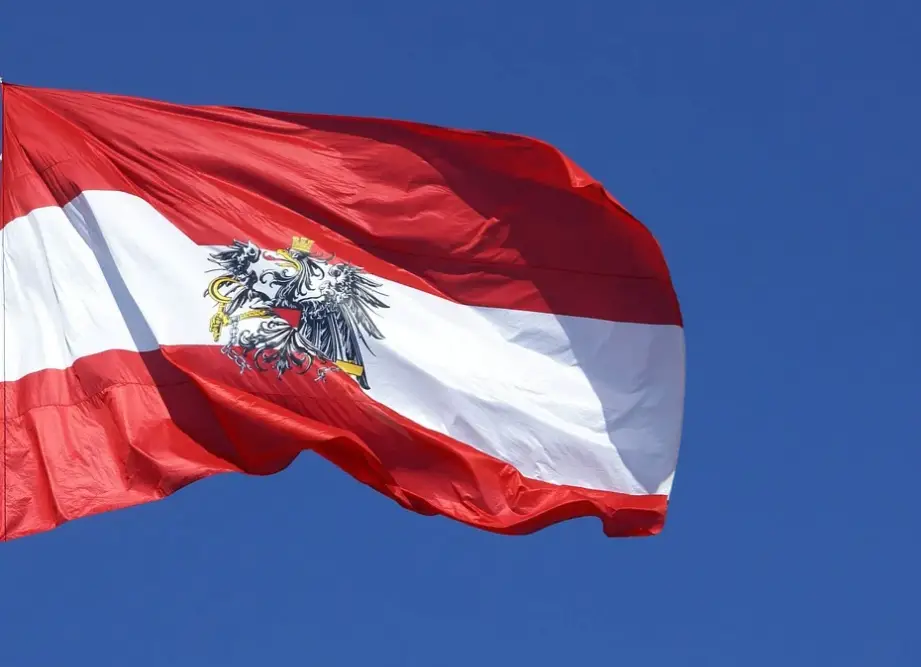
The application of special measures made by the Austrian decision in regard to Croatia will certainly affect the economic relations between the two countries as well as mere travel plans. Cross-border drama is set to erupt as government decisions muddy the waters.
As Poslovni Dnevnik/Marija Brnic writes on the 19th of August, 2020, the new, stricter entry regime that the Austrian decision has seen that country apply to Croatia since Monday, after listing it among the countries at increased risk of spreading coronavirus, will further weaken economic relations between the two countries, warn businessmen on both sides. Not only are Croatian hoteliers and hospitality workers now under attack, who have already felt the withdrawal of Austrian guests, but other business is set to be strained, too.
This time, with an anti-coronavirus decree, the Austrian authorities also eliminated the exceptions that were valid in the Croatian case in the business segment during the first wave of the pandemic and lockdown. Until the 30th of September, which is currently the length of time for which this new regime enforced by the Austrian decision is in force, the exemption from mandatory testing or quarantine remains in force only for freight traffic, but not for coming to do business.
The exception doesn’t apply even to cross-border workers, including those who go to Austria on quite literally a daily basis. All of them must have a medical certificate in either German or English proving the negative result of a COVID-PCR test, not older than 72 hours, or they must quarantine for ten days at their own expense. The details of the new Austrian decision were also reported by the Trade Department of the Austrian Embassy in Croatia, with a published list of laboratories for the testing of private individuals in Croatia. At the moment, Austrian businessmen are also interested in whether Croatia will now retaliate with the same measures, but a unilateral stricter regime of entry control for business life inevitably means complications and costs, which will certainly be felt in the business world on both sides.
The President of the Croatian Chamber of Commerce (HGK), Luka Burilovic, is convinced that the application of these special measures will certainly affect the economic relations between the two countries, especially since Austria is one of Croatia’s most important foreign trade partners.
“The consequences will undoubtedly affect tourism, and at this moment in time, the issue of cross-border provision of services is opening up. Namely, only from July the 1st this year have our companies had free access to the Austrian market without restrictions for, for example, the construction sector and related activities, so the application of these restrictions to many companies doing business with Austria or in the negotiation process has hindered one of the four fundamental freedoms of the EU,” Burilovic pointed out.
He particularly welcomes the initiative of the Austrian Chamber of Commerce, with which the Croatian Chamber of Commerce has long-standing excellent cooperation, to adapt the measures to the needs of the economy and exempt cross-border workers from such restrictions, as is now the case for transport and transit. According to him, restrictive measures should not affect the flow of goods, because they don’t apply to supply chains and transport companies.
“However, the requirement for testing for people crossing the border on a daily basis greatly hinders the free flow of people for business activities, and thus affects the economic situation, which is not only unfavourable for Croatia, but also for Austrian partners of Croatian companies and employers too,” concluded the President of the Croatian Chamber of Commerce.
On the eve of July the 1st, when the need for Croatian nationals to obtain a work permit in order to work legally in Austria finally ceased, it was expected that the already present daily migrations of workers from two northwestern Croatian counties, Medjimurje and Varazdin, would increase. The big wave that was expected didn’t occur due to the coronavirus outbreak, and citing Austrian estimates, the Ministry of Foreign and European Affairs says that about four thousand cross-border workers are currently employed. So far, they add, there have been no requests for help from the Croatian embassy in Vienna, and the embassy is in contact with the competent Federal Ministry of Labour regarding cross-border workers.
Austrian businessmen, on the other hand, are concerned that they will also have to test their “control” people employed companies they have in Croatia. Unlike Austria, cross-border workers don’t have to undergo such treatment in the case of Italy, which also put Croatia on the so-called red list. So far, there are no indications that this would happen in the case of workers who travel across the Croatian-Slovenian border every day if, as expected, Slovenia decides to declare Croatia “dangerous” at the end of the week.
For more, follow our dedicated coronavirus section.
For the latest travel info, bookmark our main travel info article, which is updated daily.
Read the Croatian Travel Update in your language – now available in 24 languages
Join the Total Croatia Travel INFO Viber community.









